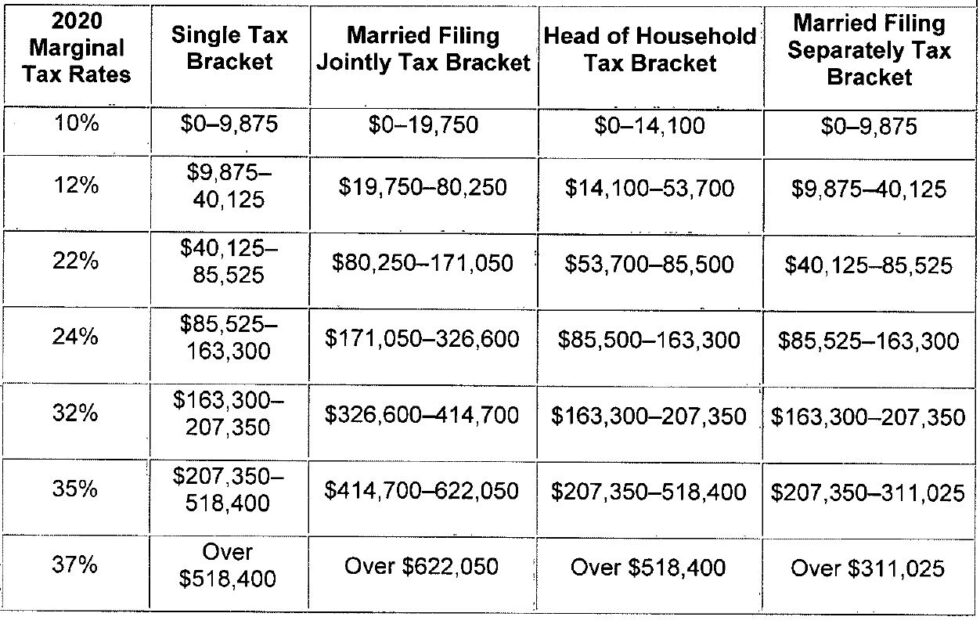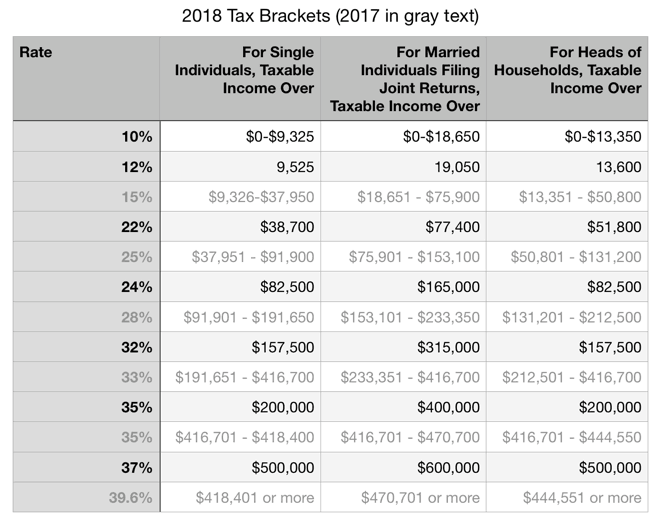

If the partner's income is from one or more electing partnerships, the individual's income tax liability would be satisfied by the refundable credit discussed previously. Nonresident individual partners in an electing partnership will not be required to file an individual income tax return if the only Nebraska-source income is from the electing partnership. Partners in an electing partnership will be required to file a Nebraska income tax return to report their distributive share of income from the partnership and must add back Nebraska tax deducted by the partnership for federal income tax purposes.

The upper-tier electing partnership must distribute the pro-rata share of credits to its partners by all tiers of electing partnerships. If the upper-tier partnership elects to be taxed at the entity level, that partnership may claim a credit for entity tax paid by the lower-tier pass-through entity. Any excess credit will be treated as an overpayment and may be refunded or applied to the following tax year. If a partner in an electing partnership is itself a partnership, its partners may claim the refundable credit or the credit may be applied against the partner's tax, interest and penalties. An electing partnership will be subject to Nebraska's corporate income tax estimated payment requirements, but those requirements will not apply for tax years beginning before January 1, 2024.

Partners may claim a refundable credit based on their distributive share of tax paid by the partnership. If the tax results in a net operating loss (NOL), LB 754 will not allow the electing partnership to carry forward the NOL to succeeding tax years. The highest individual income tax rate in effect for the tax period will apply to the electing partnership's net income apportioned or allocated to Nebraska. The election must be made on a form and in the manner prescribed by the Department. The Department will have one year from the date the partnership files its return to review and make a proposed deficiency determination.įor tax years beginning on or after January 1, 2023, partnerships must make the election on or before the due date, including extensions, for filing the applicable income tax return. The Department will not pay interest on the refunds. The Department will determine the form partners must use for refund requests. If a partnership files a retroactive election, the deadline for filing a claim for credit or refund is extended for affected partners to the later of the existing statute of limitations 2 or January 31, 2026. The Nebraska Department of Revenue (Department) will prescribe the form and manner for the retroactive election, which may not include any changes to past returns other than those directly related to the election. Those elections must be made before December 31, 2025.

Partnerships may make retroactive elections for tax years beginning on or after January 1, 2018, but before January 1, 2023. The election can be made retroactively to tax years beginning on or after January 1, 2018, with different election procedures for retroactive and current year elections. LB 754 defines partnership to include any entity treated as a partnership for federal income tax purposes but excludes publicly traded partnerships. LB 754 allows a partnership or a small business corporation 1 to make an annual, irrevocable election to pay taxes at the entity level. The legislation took effect upon the Governor's signature. On May 31, 2023, Nebraska Governor Jim Pillen signed LB 754, which enacts an elective PTET, including provisions for retroactive elections and phased-in reductions to individual and corporate income tax rates. Nebraska once again reduces its individual and corporate income tax rates, after reducing rates in 20.The PTET election is retroactive to 2018.Nebraska becomes the 36th jurisdiction to enact a pass-through entity tax (PTET).Nebraska adopts elective pass-through entity tax and phases-in income tax rate reductions


 0 kommentar(er)
0 kommentar(er)
